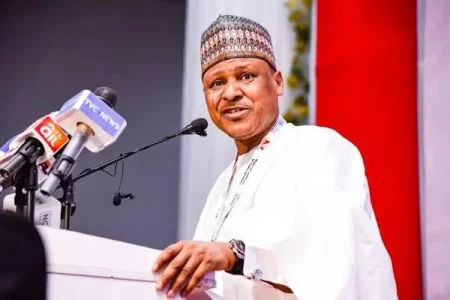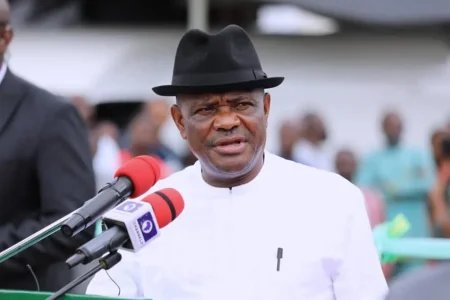
The Nigerian Government warns of economic peril as organized labor demands a N494,000 minimum wage, citing potential job losses and a staggering N9.5 trillion burden. This standoff raises concerns amid existing economic challenges and looming strike threats. Resolving this impasse is critical to averting further instability in Nigeria's economy.
The Nigerian Government, through Minister of Information and National Orientation, Mohammed Idris, issued a stern warning about the potential economic catastrophe posed by organized labor's demand for a N494,000 minimum wage. Idris emphasized that such a wage increase would impose a staggering burden of N9.5 trillion on the government, raising concerns about its sustainability within the current economic context.
Despite the government's willingness to raise the minimum wage by 100 percent to N60,000, the organized labor's demand represents a staggering 1,547 percent increase, which the government deems unrealistic and detrimental to the nation's economic stability. Moreover, Idris expressed apprehension that meeting such demands could force the government to downsize its 1.2 million-strong workforce, exacerbating unemployment rates and further destabilizing the economy.
The looming threat of an indefinite strike by organized labor compounds these concerns, as it would disrupt crucial sectors and compound existing economic challenges. Against the backdrop of President Bola Ahmed Tinubu's recent signing of the N28.7 trillion appropriation bill, with substantial projected revenue shortfalls and a significant budget deficit, the government faces mounting pressure to navigate these economic uncertainties while addressing the legitimate concerns of the labor force.
The impending strike, scheduled for June 3, underscores the urgency of finding a viable resolution to the minimum wage impasse and averting potential economic turmoil.




